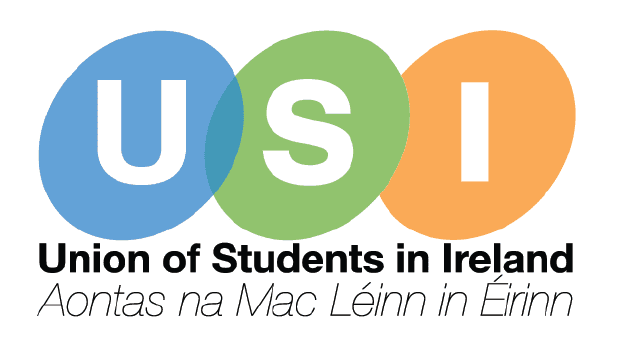[…]out, ignored and rejected by the landlords. This gives rise to homelessness, overcrowding and health and safety risks with a wider impact on labour mobility and having a negative consequence on the functioning of the economy and society where purpose built accommodation can free up more housing for others in society. According to the Eurostudent Survey V Report on the Social and Living Conditions of Higher Education Students in Ireland (2013) 35% of student population lived in private landlord’s property, which constituted the main student accommodation. “The time is ripe to address the housing crisis setting a long-term goal […]
[…]in the workplace is something that must be supported, but not at the risk to student learning and health, as indicated by the report. “Congress supports this new collaboration in education, which will help to improve student conditions whilst recognising and striving for improvement in working conditions for all young workers. We will continue to work with the student movement and all affiliate unions to ensure that students and young workers can avail of quality opportunities and decent conditions in the workplace.” TUI President Joanne Irwin said, “With the extension of the Professional Master of Education (PME) – required to […]
[…]‘Sex Differences in Adaptation to Exercise,’ explains their doctoral project at the School of Health & Human Performance, Dublin City University. The video focuses on the broad area of sex-differences in adaptation to exercise, focusing on female specific considerations which we study through the lens of female rugby. Why Research Matters Video Competition 2022 – David Nolan Ailbhe McGurrin, a PhD researcher at the School of Agriculture and Food Science at University College Dublin, has been awarded the ‘Most Informative’ prize. This prize is awarded to a researcher who has communicated the nature and aim of their research project in […]
[…]of third-level will have positive consequences for student retention, participation, and mental health, as well as raising standards of living and reducing over-dependence on part-time employment. USI proposes that the government further subsidise higher education institutions by a minimum of €17m in order to deliver a reduction in the Student Contribution Charge of at least €250. One method to fund this is to increase percentage of tax revenue as a per cent of GDP (currently at 30% to the OECD average of 34% through progressive taxation measures. This can be in the form of spending, income or revenue. If people […]
